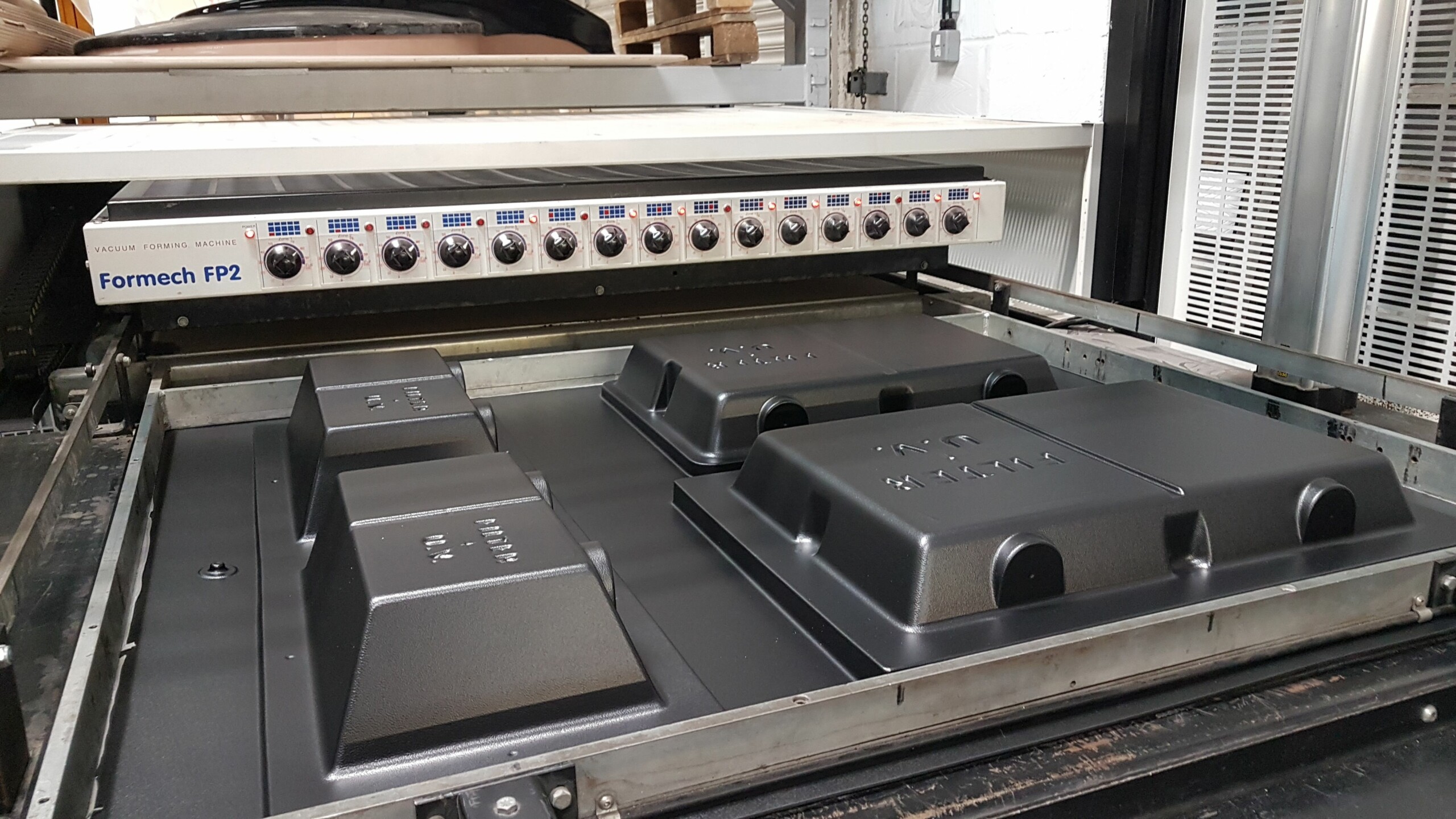Expert Insights aon Vacuum Forming
Expert Insights aon Vacuum Forming
Blog Article

Vacuum forming is a cost-effective thermoplastic molding process that involves heating a thermoplastic sheet until it becomes malleable, then using vacuum pressure to mold it over a pre-formed mold.
Vacuum Forming Procedure
To create a vacuum-formed product, the plastic sheet is first positioned into a frame and heated until it becomes flexible. Once the material is ready, it is positioned over a mold, and a vacuum is applied to suction the material tightly over the mold, ensuring the desired shape.
After forming, the material is cooled to retain its shape. The final product is then cut to remove unwanted material and finished for use.
Applications of Vacuum Forming
This technique is widely used in various industries, including automotive, to produce custom components. Some typical products made using vacuum forming include:
- Automotive parts
- Plastic packaging
- Healthcare packaging
- Retail displays
Why Choose Vacuum Forming?
One of the biggest pros of vacuum forming is its cost-effectiveness. Other notable benefits include:
- Rapid production
- Economical setup
- Versatile applications
- Lightweight materials
Conclusion
Vacuum forming is a effective process that enables the creation of durable plastic products at a low cost.
Vacuum Forming Report this page